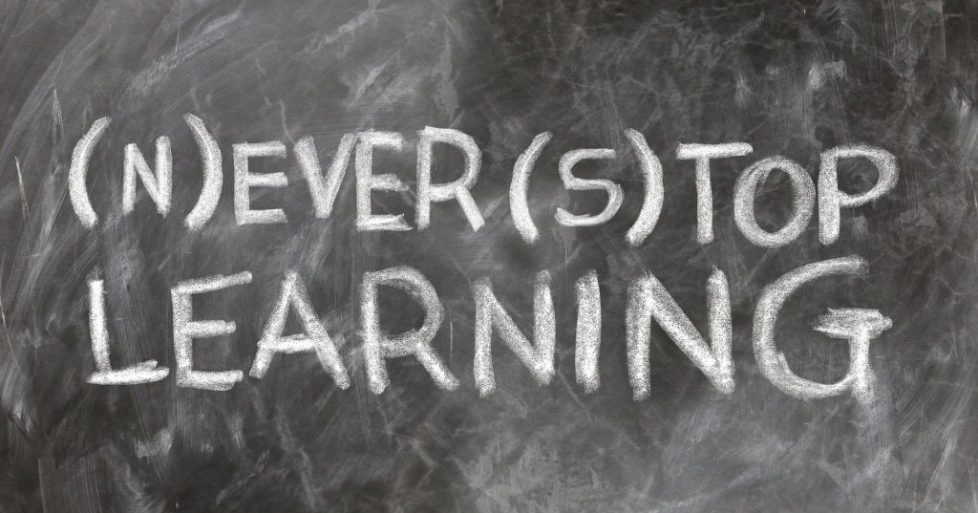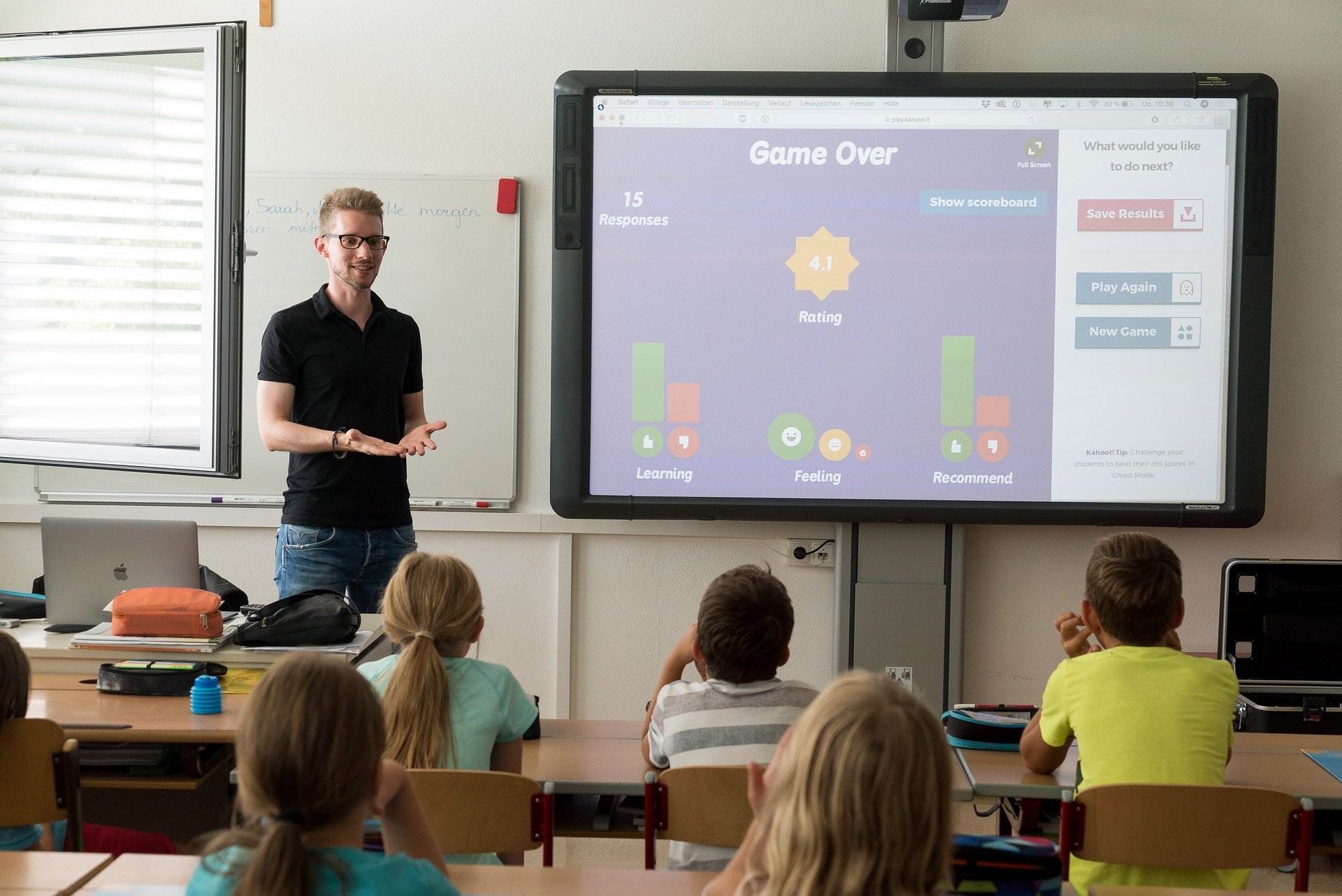
Teaching is defined as the method of providing and satisfying the feelings, experiences, and needs of an individual. Through this process, a person can learn something even from the simplest things. Effective teaching enables students or learners to go beyond what has been given.
Considering the generation today, both terms “teacher” and “teaching” have been integrated into schools and schooling. One of the best ways to answer the question “What exactly is teaching?” is to pay close attention to the things being done by a teacher and defining the activities and key qualities they have that can’t be found by other professionals. What’s wrong is that most people that these things are related to a single role or job description, which sometimes has little or nothing to do with the term “teaching.”
Another method is to look for the historical meaning of teaching in the dictionaries. Also, determine the best way of using the said term regularly. When looking for a definition of what teaching really is in a dictionary, you might come up with several definitions, including the following:
- Giving new knowledge to someone or instructing an individual about the steps in doing something; or
- Allow a person to understand or learn something using his/her or other’s experiences or examples.
As you can notice in the two definitions mentioned above, all of us are considered to be a teacher even though we don’t have the license to teach in both private or public schools or universities.
In addition to that, you can also find the definition of the term “teaching” by taking a look at the word ancestries. For instance, According to Germanic origin, the root word of the term “teach” is taecan, which means to point out, present, or show, which is quite associated with the word “token.” On the other hand, the term has a Greek counterpart, deiknunai, which means “show,” and deigma, which means “sample,” according to the Indo-European origin.
Teaching is all about making a good environment for the learners. It also promotes engagement to allow the students to acquire new learnings. These learnings can be anything, maybe from the simplest thing like tying a shoelace to appreciating the beauty of nature or art. There are three important elements in teaching: the ability to engage people, knowledge, and focus on learning.
Let us talk about these three elements, one at a time.
Engaging People in Learning
One of the important elements involved in teaching is engaging people in learning. This lies the commitment and enthusiasm of a person as well as his or her expertise. According to John Hatti, “It is teachers using particular teaching methods, teachers with high expectations for all students, and teachers who have created positive student-teacher relationships that are more likely to have the above-average effects on student achievement.”
Subject Knowledge
As the name suggests, a person needs to be an expert to have content to be taught. We are considered as coaches, and as a coach, we should be knowledgeable about the sport. In another view, we should be knowledgeable about teachings, practices, and beliefs, and about social life, human development, and growth as a pedagogue. What makes a good teacher is the fact that he or she has sufficient knowledge about the subject they are going to teach. If a teacher has a low knowledge about the subject, it can affect the learning of the student.
With that in mind, we experience different situations that will help us to improve our capacities and understandings. For example, as we prepare our group, lesson, or session, we tend to watch various YouTube videos, listen to audios, and read several textbooks regarding the topic. Aside from that, we also tend to look for other resources when the sources available are limited.
Teachers are building expertise and content while teaching. Fortunately, a lot of things are there that can be used to support our efforts, including activities, textbooks, web resources, and video clips. Yes, thinking about being an expert in a different subject is ideal, but this is nearly impossible.
One of the most comforting and fascinating things that have been shown by the researchers is that most learners rely on the ability of the pedagogues and educators to teach. The ability of a person to engage the students in learning, good resources to support our efforts, and a piece of good knowledge, passion, and understanding for a subject area lead to better outcomes.
You may find it hard to find pieces of evidence that will prove that great subject expertise has a significant difference from other aspects included in schooling. Again, as stated by John Hatti, “Subject expertise is as important as the other elements included in teaching. It helps two people to fill the capacity and knowledge gaps between them. Aside from that, this element is being used to create interest and enthusiasm between the teacher and the students. It works in creating informed decisions and links regarding what and when to teach.
Focus
This is quite obvious, but it deserves to be stated. Teaching is not all about engaging people in learning and having enough knowledge of the subject, but it is also about focus. Teachers are required to have clear goals and intentions. A finding that stands out throughout the several studies regarding teaching is that a teacher who has clear learning intentions can help a student determine the area of intervention or session, keeping the process monitoring. Aside from that, when the learnings are quite challenging, the focus can help people to have different ways of learning.
We are considered to be pedagogues and teachers. In connection to that, a lot of times, we experience looking for something that can foster learning.
To sum it up, teaching has different definitions from several booklets and sources. But most of us define teaching as the way of relaying relevant and reliable information to the learners. Teaching also comes with three elements, engaging people in learning, subject knowledge, and focus.


